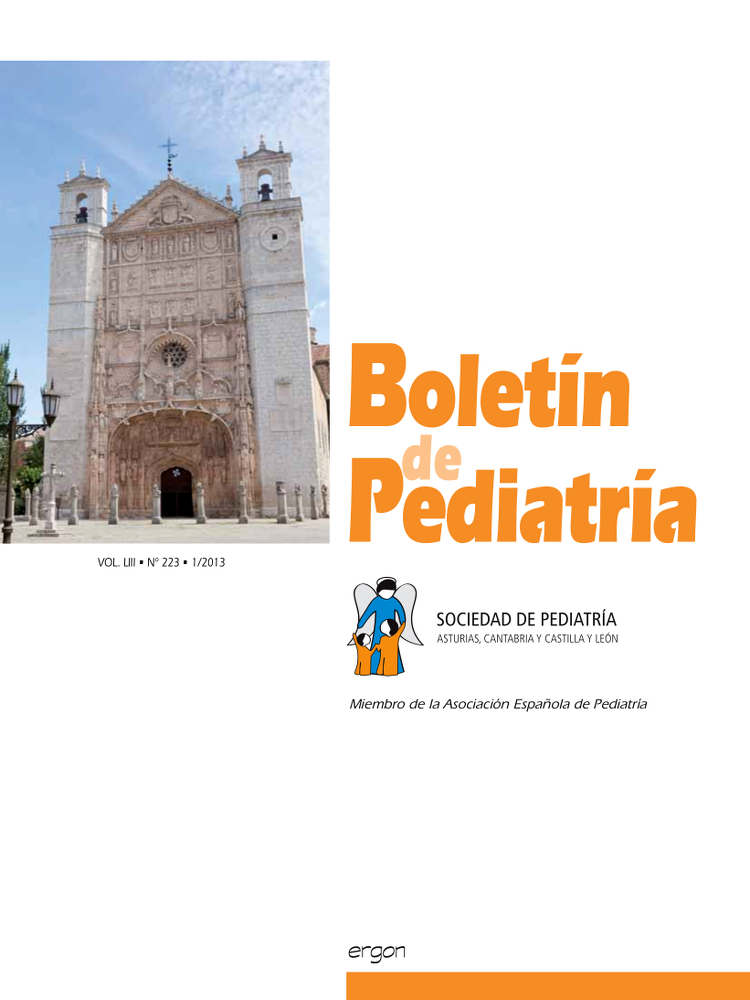Abstract
Introduction.
Low birth weight children are a clinical population of interest in the national system of health. There are few studies that show the neurological, neurophysiological and behavioral cognitive profile in this population. The literature reports, with more frequency, the population's neurological and behavioral alterations < 1,500 g and in smaller measure in the low weight child 1,500-2,500 g.
Material and Methods.
The clinical revision of histories in the Center of Rehabilitation of Neurodevelopment "Rosa Luxemburg" allowed to carry out a pilot study with a not probabilistic sample 14, 6 year-old children's. The investigation seeks to characterize the low weight child's neuropsychologicalprofile 1,500-2,500 g. Determine the effect of the low weight on the variable: neuropsychological, intellectual profile and neurological maturity. The selected tests from the clinical histories were: Bender test, applied to the 5 years. Wechsler Intelligence Scale for children test (WISC) and the Initial Luria neuropsychological battery applied to the 6 years.
Results.
The cognitive development is limited in the primary motor abilities and not limited in the secondary abilities. The perception of objects stays intact, only the space location of the motor act as well of figures in a board stays with certain "sluggishness" for the age. They present problems in the pre-mathematics abilities (simple calculations) and basic abilities of the thought (to compare objects without visual help). The multiple regressions show that the low birth weight doesn't correlate significantly with the intelligence, neurological maturity and I cognitive development. The regression simple lineal show that the primary motor development predicts the intellectual capacity and the neurological maturity of the infants.

This work is licensed under a Creative Commons Attribution-NonCommercial 4.0 International License.
Copyright (c) 2013 Boletín de Pediatría
